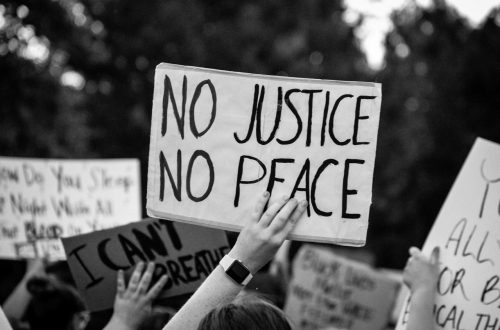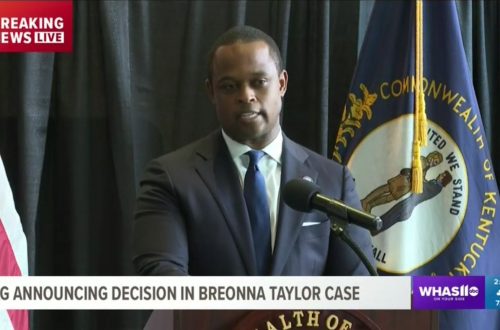Yesterday, David French lectured on intersectionality on the campus of Boyce College and Southern Seminary. It was a pleasure to have David on campus, and his lectures were really stimulating. The first lecture is already posted on SBTS’s YouTube channel (see above). I expect the other two lectures to be posted very soon.
David explains that the basic foundation of intersectionality is the commonsense observation that people have traits that can make them members of more than one marginalized or oppressed class of people. He argues that this particular observation about the complex way that people experience discrimination or oppression is fundamentally true.
David also argues that if that was all there was to intersectionality, there wouldn’t be much of a controversy about it. Intersectionality as a description of human experience is not controversial, but intersectionality as a prescription for social action is. And it is the latter that he takes aim at in all three presentations.
If you’re interested in learning more about intersectionality, the best short introduction to the subject that I have read is Joe Carter’s article “What Christians Should Know about Intersectionality.” Elizabeth Corey’s introduction is longer than Carter’s, but it is no less helpful and worth the time to read: “First Church of Intersectionality.”
I have commented on intersectionality over the years on my blog, but my basic objections to it are in a little post titled “Two ways in which intersectionality is at odds with the gospel.” Andrew Sullivan offers a powerful critique of intersectionality from a secular perspective in “Is Intersectionality a Religion.”
If you want to take a deep-dive into some actual intersectional theory, I recommend Kimberlé Crenshaw’s seminal essay, “Demarginalizing the Intersection of Race and Sex: A Black Feminist Critique of Antidiscrimination Doctrine, Feminist Theory and Antiracist Politics,” University of Chicago Legal Forum 1989, no. 1 (1989): 139-67. For a popular introduction to Crenshaw’s theory, see her recent TED Talk, “The urgency of intersectionality.” Patricia Collins and Sirma Bilge have a book-length introduction to intersectionality in a work titled Intersectionality, Key Concepts (Malden, MA: Polity, 2016).



